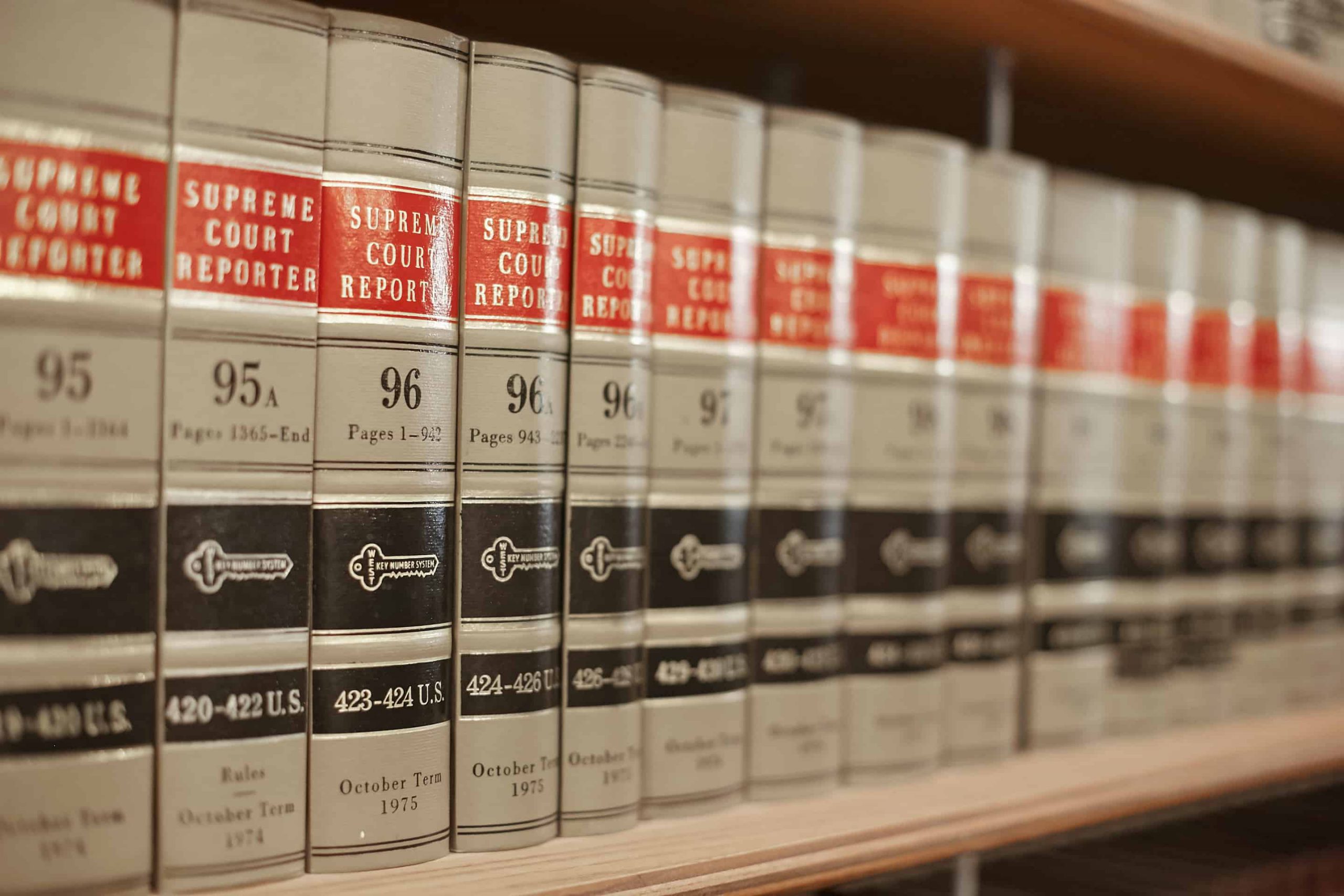I have received a call from the police. Should I speak to them?
Under the Canadian Charter of Rights and Freedoms, you have the right to remain silent. This means that you have no obligation to speak to the police. Even if the police say they just want to meet with you and get your side of the story, they may still be planning to arrest you and take a statement, or they may be hoping that you will provide them with information that will allow them to arrest you. Please be aware that there is no such thing as an “off the record” discussion with a police officer. Anything you say to the police, even if it is not recorded or signed, can be used as evidence against you. If you have been contacted by the police, you should consult one of our lawyers immediately to receive advice about the best way to proceed.
As the accused, do I have to go to court?
As a general rule, your lawyer can attend court on your behalf, so long as you file a document called a Designation of Counsel with the court. Exceptions to this rule, when your personal attendance is required, include:
- When oral evidence of a witness is being heard;
- When jurors are being selected;
- When a guilty plea is entered;
- When a sentence is being pronounced; and
- Any other time that the court orders that your personal attendance is required.
I am unhappy with the decision in my case. How can I appeal it?
The court must receive a Notice of Appeal, a formal document setting out your intention to appeal, within 30 days after the day on which your sentence was imposed. You must order a copy of the transcripts from your trial. Proof that the transcripts have been ordered must be filed with the court along with your Notice of Appeal. The appeal must be “perfected” within 90 days of the transcripts being received. This means that all of the court documents required for your appeal must be served on the Crown attorney and filed with the court within this time. If you are considering appealing against your conviction or sentence, contact the experienced appeal lawyers at Hicks Adams to find out more about the process and to explore what options are open to you.
I have missed the deadline to file a Notice of Appeal. What can I do?
Your lawyer can bring a motion for an extension of time to file a Notice of Appeal. The motion materials will explain the reasons for the delay and provide the court with documents that support the motion. You may be asked to swear an affidavit in which you explain the reasons for the delay.
Can I be out on bail while waiting for my appeal to be heard?
Once your Notice of Appeal has been filed, your lawyer can bring a motion for bail pending appeal. If you are appealing your conviction, the court will grant bail pending appeal if it is satisfied that:
- There is a reasonable possibility that your appeal will succeed;
- You will surrender yourself into custody in accordance with the terms of any release order issued; and
- Your detention is not necessary in the public interest.
If you are only appealing your sentence, the court will grant bail pending appeal if it is satisfied that:
- The appeal has a high enough chance of success that it would cause you unnecessary hardship to be kept in custody;
- You will surrender yourself into custody in accordance with the terms of any release order issued; and
- Your detention is not necessary in the public interest.
You will generally be required to provide the court with sureties: people who will promise to pay a certain amount of money to the court if you breach the conditions of your release. You will likely be asked to swear an affidavit setting out information such as where you have lived over the past three years, your criminal record, employment information and, in a sentence-only appeal, what unnecessary hardship you would suffer from being in custody while awaiting the hearing of your appeal.
What happens if I am pulled over and refuse to blow into a roadside screening device or Breathalyzer?
Failing or refusing to provide a breath sample is an offence that carries the same penalties as impaired driving or “over 80” offences. The penalties for these offences are serious and include mandatory minimum penalties, which are penalties that must be imposed upon conviction. To learn more about these offences, please see our DUI page.


